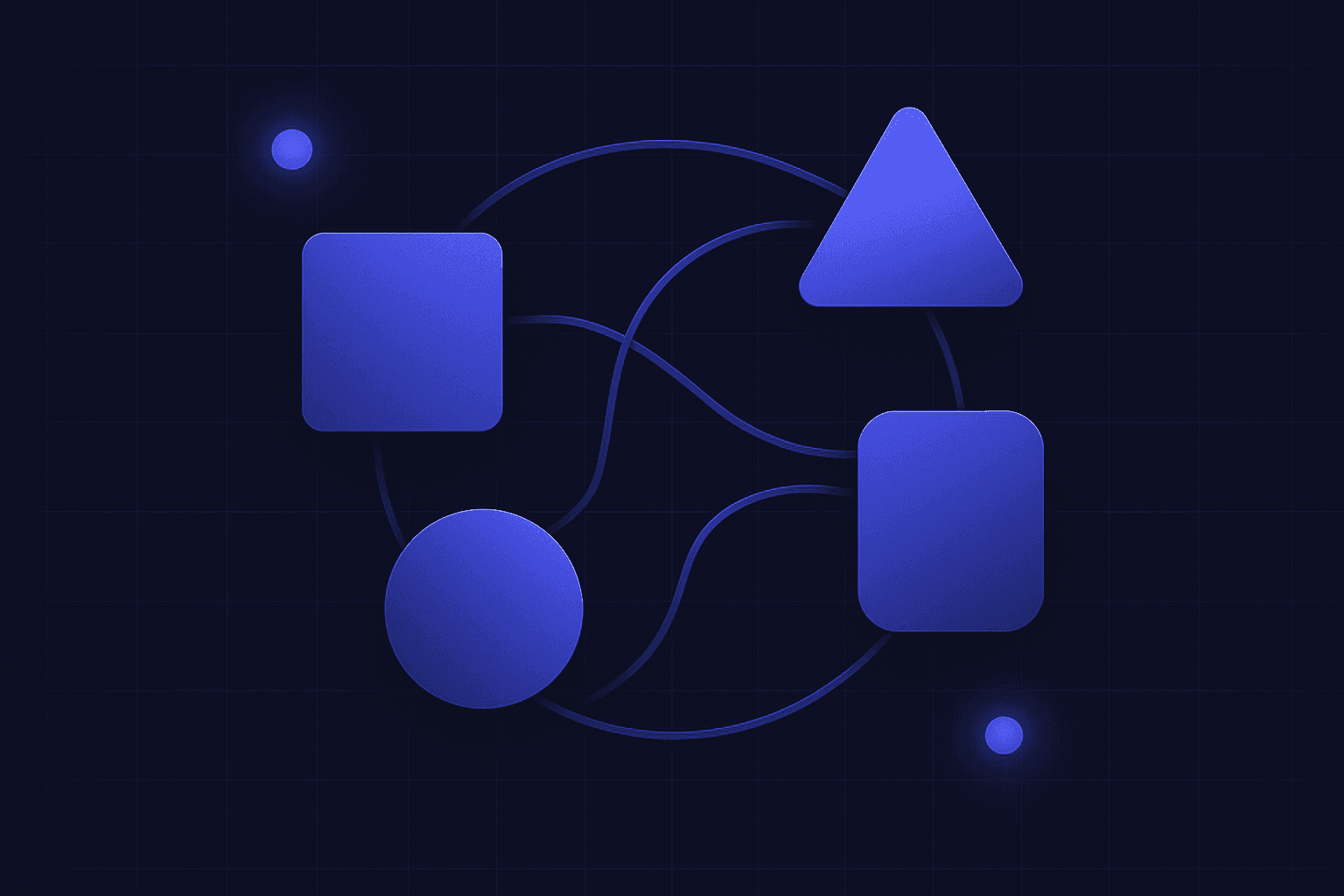Programming languages are more diverse, complex and sophisticated than ever.
In our modern era, there is a massive ongoing demand for all manner of software engineers, data scientists, web designers and many other digital specialists.
For the vast majority of these jobs, programming languages play a central role.
Behind every program is a programming language, and behind that, there’s a programmer!
If you’re wondering what the benefits of learning a programming language are, or you’re undecided about learning one yourself, then please, read on!
Table of Contents
Sharpen Your Problem Solving Skills
Learning a programming language involves conceptualising problems at a multitude of different levels.
You’ll learn to take a broader, high-level problem and break it down into smaller chunks that can be solved via programming.
To do this, you’ll learn data modelling techniques like conceptual, logical and physical data modelling.
By starting with more abstract problems and gradually delineating their many variables, you can start to model and visualise the tools and code you’ll need to solve a problem.
Many exercises for beginner and novice coders pose simple problems that need to be solved with code. For example, some beginner coding exercises published by Adriann on Github ask programmers to “Write a program that prints ‘Hello World’ to the screen” or “Write a program that automatically converts English text to Morse code and vice versa.”

These types of problem-solving skills are not just valuable in programming or other technological disciplines, but are also great life skills.
Breaking down the problems and challenges you face in life into small, bite-sized chunks that can be solved with simple actions is a powerful self-help strategy or therapeutic technique.
Employment Prospects
It would be impossible to miss employment prospects from this list.
Hal Varian, Google’s chief economist, famously described data scientists and statisticians as having the “sexiest job of the 21st century”. According to the US Bureau of Labour Statistics, computer programmers are set to continue in demand, outranking all other professions.
In the UK, specialist recruiter Ivy Blue found that SQL, JavaScript, C# and Python regularly appear in some 5,000 to 10,000 monthly job posts with salaries ranging between £50,000 and £100,000.

It’s clear that IT specialists and programmers of pretty much every variety are in demand. Modern programming languages like Python and JavaScript but also the RDMS language SQL seem to top the lists of the most in-demand programming languages.
Job security here is very strong indeed, this is not a fleeting or ephemeral trend – programmers will continue in demand, probably forever!
Want to improve your data skills?
See the best data engineering & data science books
Get out More
It might seem oxymoronic to the classic stereotype of the hunchback coder locked in his/her bedroom, but contrary to that, learning a programming language can be quite a sociable activity.
There are tons of coding bootcamps, conferences and other free and paid events and educational programmes.
Notable coding bootcamps include Alchemy Code Lab in Portland, Oregon, La Capsule in Paris, France and General Assembly in London, England. The list is pretty much endless, though, so if you want to learn coding with others in a sociable environment, you’ll never be stuck for choice.
Combine that with numerous co-working spaces and opportunities for collaboration as well as an extremely lively digital nomad culture and you can see how it’d be outright wrong to suggest that programmers and coders are socially isolated.
Automate your Work/Business
From automating your accounting duties via spreadsheet automation using some Python and Javascript to automating tasks on Slack or Airtable, learning how to code can speed up your life.
You could also automate your own custom backups (reading/writing file automation is pretty simple with Python), sending emails and scrape web data. Perform instant calculation and analysis on your data and use it to interact with APIs.
If you want to create your own business, say in eCommerce, then coding knowledge will help you make use of the APIs offered by Amazon, eBay, Facebook, etc.
Become more Technically Minded
By learning a programming language, you’ll also become more technically minded which is perfect for a future dominated by technology.
From troubleshooting your own systems and networks to working with IoT home equipment and much more, the technical skills you gain as a programmer provide a sound platform for further technical experience and qualification.
This also extends to the maths, data and statistics side of things. Programming naturally draws upon other logical/mathematical skills – they strengthen each other and this can be particularly useful if you’re looking for a career in data science or analytics.
Build Superb Websites
If you own/want to build a website then programming knowledge equips you with what you need to make it look awesome.
Though not strictly programming knowledge, HTML is relatively straightforward to anyone with programming skills and can help you build excellent content. You’ll also be able to find and troubleshoot errors.
CSS is used to style documents written with HTML or other markup languages. Learning CSS allows you to create slick and great-looking web content to stand out from the crowd and even boost your SEO.
Analyse and Visualise Data
Data visualisation is very useful in many industries both inside and outside of information technology.
By learning a programming language, you can make sense of data using data analysis platforms and tools. There e SQL, R, and Python are the big 3 here.
With Python, you can use data analysis and visualisation libraries such as Matplotlib and Plotly.

Collect data from your website, social media, business operations or anything else and use your programming skills to construct beautiful graphs. This is also an excellent skill to have for professional work as you can provide clients and partners with key performance indicators – KPIs – progress reports, etc.
Summary
There are many benefits to learning a programming language, both inside and outside of the professional domain.
Programming languages are also fun – let’s not forget that! There’s a real sense of satisfaction to solving problems with programming and for every step you take forward, you get that little bit better.
The progress can be very tangible and when you start joining the dots naturally in your mind, you know you’re well on your way to programming fluency.

